From an Isolated Island Nation to That Place Where the Continents Meet
Letters From Japan, December 2023: geography and our destinies.
Good afternoon,
Unlike the saying goes, I can believe that it is already December. On a personal level, this has been an exceptionally delightful but also, at times, a truly heartbreaking year. It was one of those years that brought some of the best and the worst days of my life. It was intense and did not fly by; I felt every minute of it.
But for my country and the world in general, 2023 was, undeniably, not a great year. It has been marked by continuing atrocities, natural disasters that a certain government was criminally unprepared for, and democratic heartbreaks possibly leading the way to the end of democracy.
And I, with a mixture of shock, sorrow, and guilt, watched all these events unfold from a country that often feels like it is on a different planet (or loves to pretend like it is while skillfully taking you along for the ride). Debates and events that take the world by storm make their way to Japan very slowly, if they do at all, and never as intensely. The most shocking news tends to be weather-related (granted, they are sometimes really shocking, as in a typhoon approaching while a volcano erupts against the backdrop of an earthquake). Even domestic political issues rarely spill over into daily life. Talking about politics is considered to be not a good form (so is open criticism of the government). Although this nationwide living in a world of your own mentality gets on my nerves sometimes, it is also hard not to enjoy the chaos-free and soothing calmness of everyday life that comes with it.
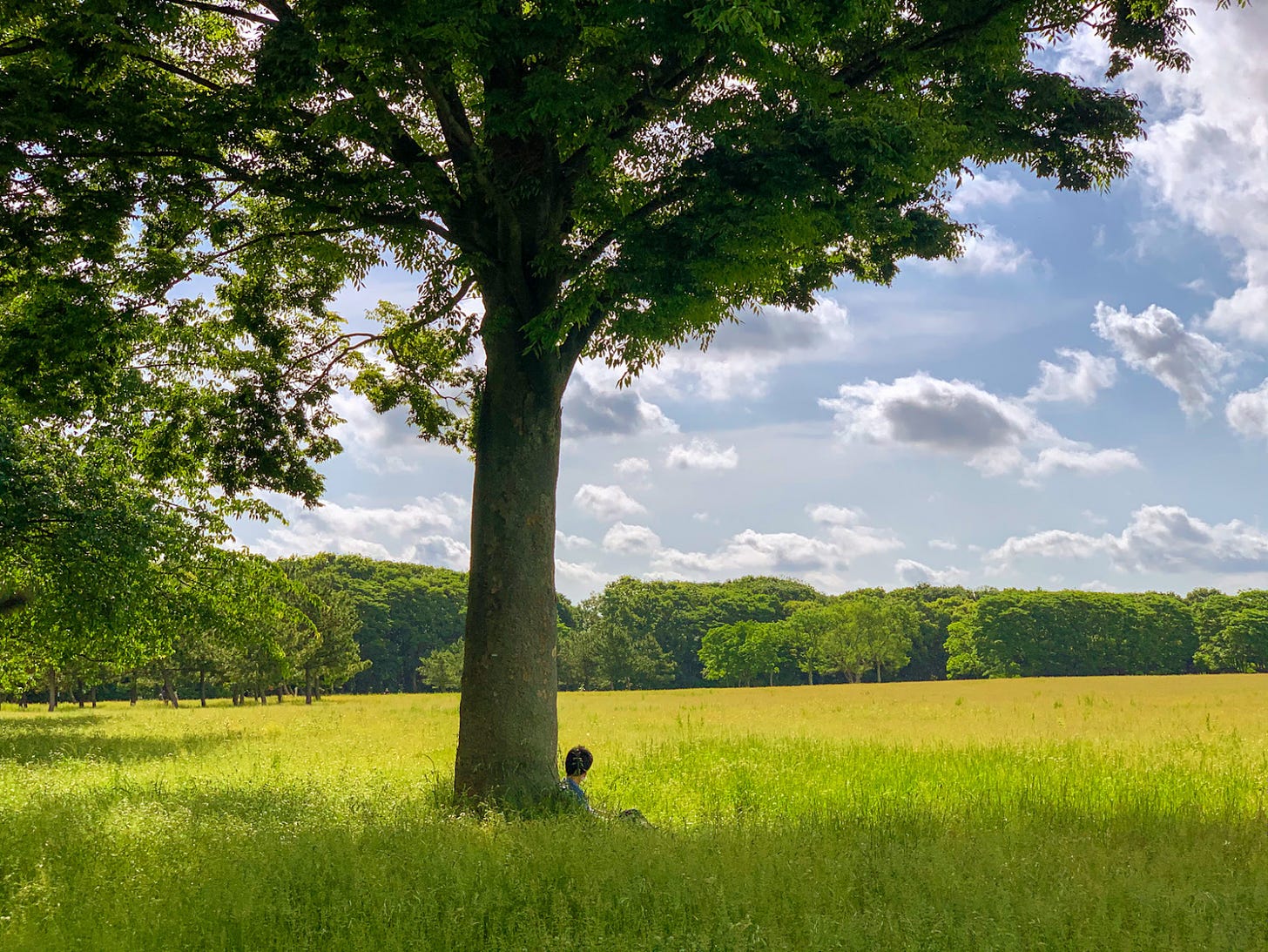
The mood of everyday life in Japan could not be more different than how things feel in my home country, where weather is too light of a topic to find a room in a news cycle dominated by presidents cursing their citizens, the attacks on secularity, regional tensions, and evidently wars, humanitarian refugee crises, never-ending constitutional changes, devaluation, and imprisoned journalists. Every day, everything feels too intense, consistently chaotic, and undeniably consequential. When I talk to friends and family on the phone, at least half of the call, if not more, is devoted to some or all of the above issues. It is not because we are all exceptional and selfless human beings and do not have the heart to prioritize our own lives when the world around us seems to be collapsing but because all these happenings have an impact on our daily lives and, therefore, easily find their way into any conversation.
This dramatic difference between the everyday mood of the two countries is understandable to some degree. Besides the noticeable economic and cultural differences, the geopolitical contrast between where I am from and where I live is so strong and evident that its appreciation does not require a political science degree but just one quick look at the map.
Turkey is a country with land both in Asia and Europe. It has eight neighbors (Greece, Bulgaria, Armenia, Azerbaijan, Iran, Iraq, Syria, and Georgia) all, not always peacefully, sharing a region where a variety of different political ideologies, racial and ethnic minority groups, nations perpetually in conflict with each other, and religions co-exist or try to. On the other hand, Japan is an island nation sitting on the far end of the world's largest ocean. Obviously, it has no land neighbors. It is also a country that takes extreme pleasure in referring to itself as "isolated," where isolation from the rest of the world was not only a geographical fact but also a state policy for more than two centuries.
With my two homes representing two very different geographical and geopolitical realities and giving me a chance to "look at the clouds from both sides now"1 - this was sure a year when I repeatedly thought of the saying that we often quote and then intensely question in Turkey: maybe, after all, "geography is destiny".
Honestly, I am not knowledgeable enough to have a strong opinion (but only feelings) on whether geography is destiny or not (hopefully not, and things can change). But I had enough travels to, many times over, confirm the obvious - destiny or not, geography makes a hell of a difference. And after the travels of this year that took me from my home in a proudly isolated island nation to the only landlocked country in Southeast Asia, Laos, the destiny of which has continuously been interlocked with that of its neighbors, and then to one of the remotest countries in the world that, as entry requirement, asks you to leave anything from the outside world behind, New Zealand, I came to believe that geography can also be a matter of mentality.
The island state of mind
If you have ever been to Japan, you might have heard the term island nation (shimaguni (島国)) at least once, if not ten times. In his wonderful book about Japan – Bending Adversity – David Shilling refers to the term island nation as "incantation" - a magical term to end all conversations about Japan.
In a country where the desire to be unique, not as an individual (definitely not as an individual) but as a nation, is cherished above anything else, the sense of isolation brought on by being an island is often the answer to both good and not so pleasant things about Japan.
Good? Well, authenticity - the over-used buzzword, but maybe not in Japan. I genuinely believe that if you look closely, Japan still stands out as one of the most authentic places in the world. It is not only because of regions like Tohoku where there is admirable dedication to keeping the traditional ways of life alive. I think what makes Japan authentic is the effortless harmony between the traditional and the contemporary that can be observed almost everywhere in the country, including Tokyo. This hard-to-achieve balance between the old and new never ceases to amaze me.
Bad? Well, there is no easy way to say it, but maybe a little bit of nationalism and a strong sense of exceptionalism? The admirable modesty of Japanese people is often quickly abandoned when the topic turns to Japan and its place in the world and history. As one hailing from a country where at least half of the population could easily qualify as gold medalists in terms of criticism of our country (count me in!), I do not think I will ever be able to get used to this aspect of Japan. But over the last few years, I at least learned not to roll my eyes when Japan is again declared to be entirely faultless about a certain contemporary political issue or historical event and instead pretend like I had not heard what was said.
Good or not so good (even if not perceived as such by Japanese), any question you might have about a particular aspect of Japanese culture will likely lead to the geographical isolation, island nationness and the shimaguni konjo - the island nation mentality - and you are kindly expected to move on and accept that these magical terms mark the end of the conversation.
The idea of isolation is sometimes exaggerated to such a degree that, if it was not for the maps, one could think Japan is located somewhere around the North Pole. (Evidently, it is not the case. It only takes 1.5 hours to fly to Seoul from Fukuoka and 2 hours from Tokyo. There are direct flights that connect Ishigaki Island of Okinawa to Taiwan in one hour. Not exactly Iceland, is it?)
Let's meet where the continents meet
The desire to be seen as unique as a nation is, of course, not limited to Japan, even though the lovely island nation tends to take it to an extreme degree.
In Turkey, against all odds, we also hold on to some sense of uniqueness. And just like Japan, we link that uniqueness with our country's geographical location, but for completely opposite reasons.
"If the world were one country, Istanbul would be its capital," Napoleon reportedly said. Or we, Turks, would love to believe that he did. Not because we would wish our current president on any other country, let alone the entire world (god no), but we would like to think that our location at the crossroads of Asia and Europe makes us unique.
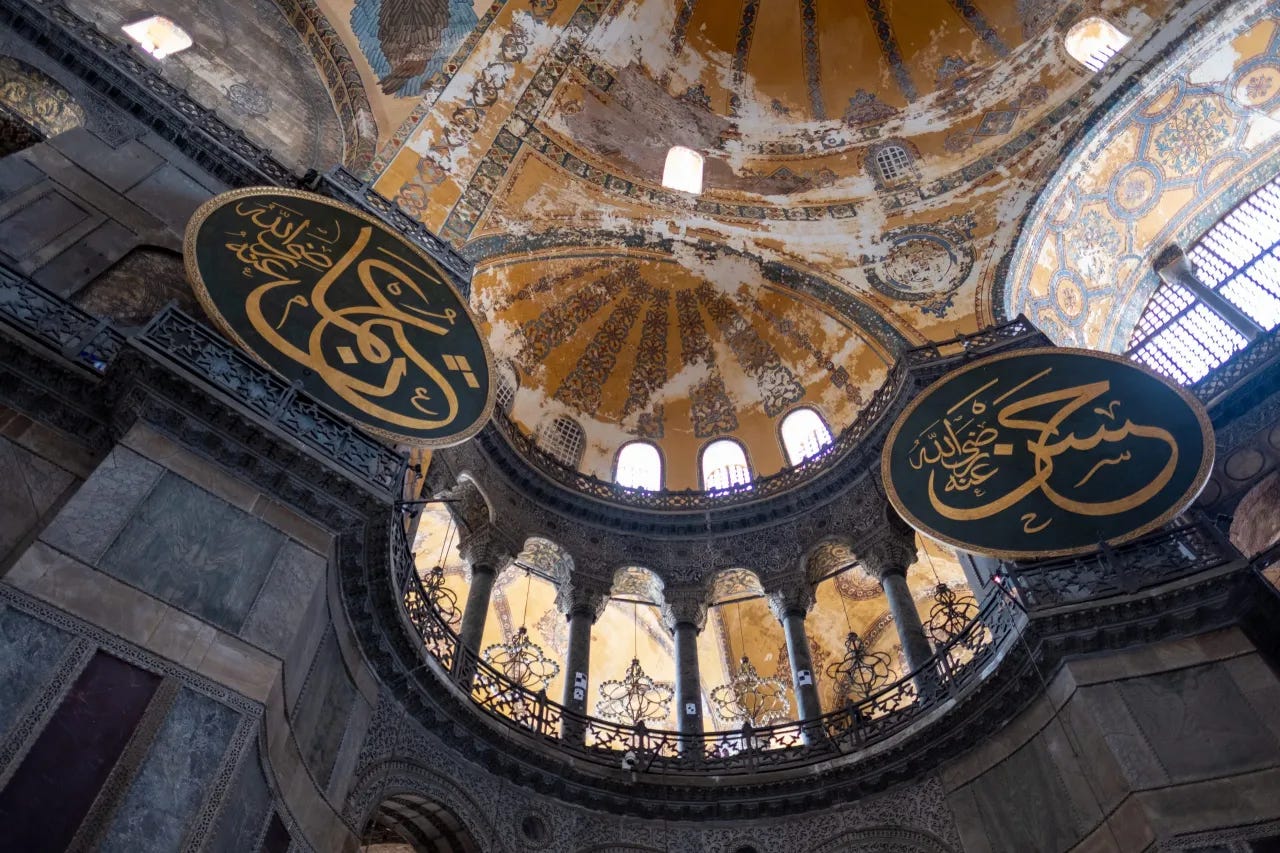
Similar to the Japanese way of thinking, we also see our geographical location as an answer to good, bad, and inconvenient things about our country.
Good? Awareness about the worlds outside of our own? Likely one of the coolest Olympic bid slogans ever - "Let's meet where the continents meet"? Or having an easy way out of uncomfortable political discussions by saying you are neither Western nor Eastern? And yes, food, of course, the food.
Bad or inconvenient? There are, unfortunately, plenty (when was the last time you read anything positive about Turkey in the papers?). In addition to heavy and very heartbreaking ones (thus our excessive reference to the saying "geography is destiny"), having to spend more time than most other people to locate our country in scroll-down menus as everyone seems to have a different idea about our geographical category - Europe, Middle-East, Asia, Eurasia? Only if I knew. And we have no luxury to live in a world of our own, an unavoidable reality that sometimes feels like a blessing and sometimes like a curse. And a little bit of loneliness? An award-winning Turkish director once dedicated his Palme d'Or to his "lonely and beautiful" country. His statement melted the hearts of many of us who took it as a coded salute to a nation with all its ethnical minorities sharing (or failing to share inclusively) an inexplicable sense of loneliness in the middle of endless connectivity that comes with eight neighbors, land on two continents and three extensive coastlines along the Aegean, Mediterranean, and Black Sea opening our world to a myriad of other countries.
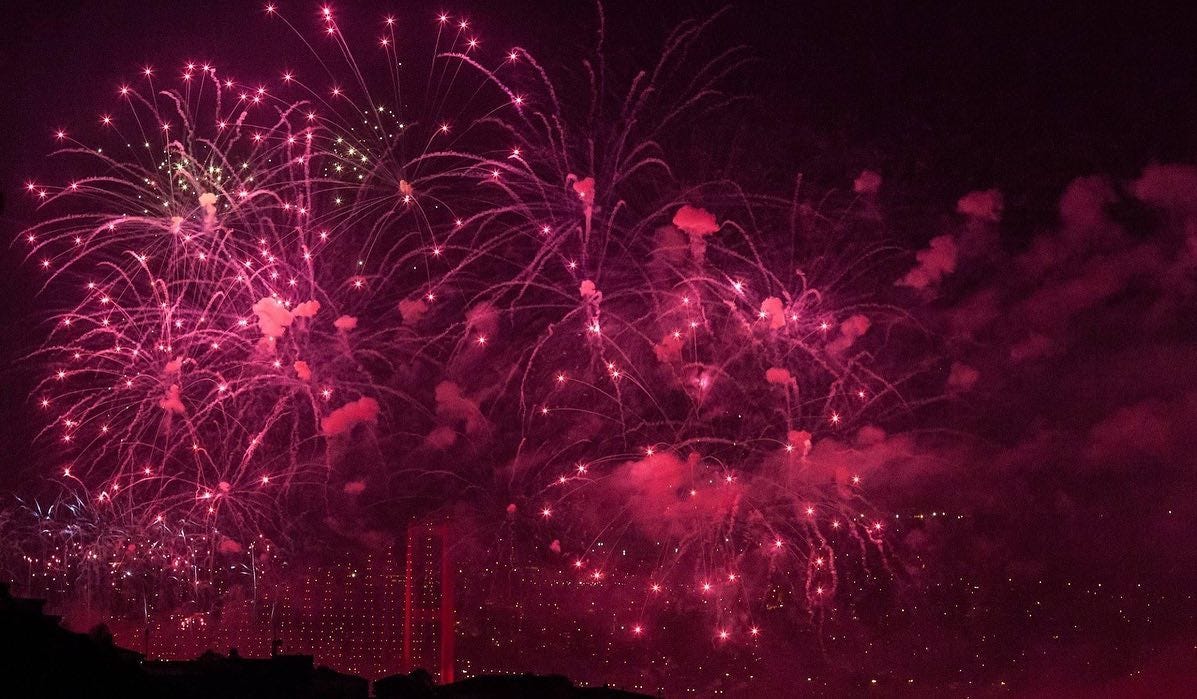
On one side, you have a nation that proudly calls itself "isolated," with little exaggeration when you approach the term from a purely geographical point of view. On the other side, there is this other nation that claims to feel lonely despite all that physical connectivity. And both, rightfully or not, seem to be very genuine feelings.
The faraway but approachable beauty
Then there is this faraway land, which is geographically so remote that its "isolation" rarely gets a special mention (or maybe because the country's heavenly beauty leaves no room for anything other than the terms of endearment).
The remoteness and the geographical isolation are simple facts in New Zealand that the Kiwis just get on with. Sure, it occasionally gets a mention, but simply as the reasons behind the expensiveness of fresh produce and the infamously strict custom control policies aiming to protect the island's unique biodiversity.
The unquestionable remoteness of New Zealand and the country's no-big-deal approach towards it makes Japan's perception of its own geographical isolation stand out more like a mental one rather than a factual reality.
Sure, making it to New Zealand is not very easy. In addition to the hours and days of travel it takes, the country has one of the most cumbersome visa processes I have ever gone through (and for Turks, the visa process is never easy). And getting your visa does not mark the end of the journey; one must be mindful of the country's notoriously strict customs policies that aim to prevent entry of anything that may interfere with the country's fragile biodiversity (from a poster at the airport: "Is a half-eaten apple worth a USD 300 fine?").
But once you make it to New Zealand, the country's remoteness shows up in conversations not to underline some exceptionalism but to convey gratitude to a "foreigner" who went through all that trouble to visit their country.
There is no doubt that New Zealand is an exceptionally beautiful country, but what makes New Zealand even more exceptional for me is the country`s willingness to share that beauty with the rest of us.
The physical beauty of New Zealand is primarily owed to its unique and remote location, and protecting that beauty requires tremendous conservation efforts. As a result, the country has one of the most strict nature conservation policies. But the country seems to have found that sweet spot between prioritizing conservation while allowing humans to enjoy its astonishing nature.
The New Zealand Department of Conservation achieves to make visitors and hikers feel like true partners in the quest for the protection of nature. And they do so by continuously underlining that they value your enjoyment of the outstanding nature as much as the conservation necessities. They do not make you feel like a potential destroyer of nature with the worst intentions who must be lectured at all times; they approach you as partners in conserving nature by recognizing the fact that you love nature as much as those in charge of preserving it. This inclusive attitude changes everything and adds so much to the whole experience. As evident in the case of New Zealand, it also seems to work to reach better conservation-related results.
New Zealand is a far-away and isolated land, but it makes you, very welcomingly, forget all about it once you are there.
Laos: land-locked or land-linked?
And then there is Laos, another country with exceptional landscape beauty (that gave me one of the past year's most memorable travel moments), and a nation that is not accepting its "geographical fate" of being "land-locked" and trying to replace that perception and also the reality with being "land-linked."2
Since moving to Japan, I have been to Laos more often than back home. It was mostly for work trips but also one ten-day-long leisure trip last year. Laos, home to seven million people, is the only landlocked country in Southeast Asia. It has five neighbors: China, Thailand, Cambodia, Myanmar, and Vietnam.
Until its independence in 1953, the country had seen decades of French rule followed by a brief Japanese one. It is also the most densely bombed country in the world, and it is still dealing with its consequences.
Today, while the nation is trying to find its way out of persistent development-related issues, including the inadequacy of fundamental infrastructure, it is also exploring ways to further tap into its tourism potential, just like some of its neighbors have been doing for decades.
In terms of tourism, the country has a lot to offer. Maybe it is less rich in cultural sites than some of its neighbors, but it has one of the most dramatic landscape scenery I have seen in Southeast Asia, if not in the world.
Laos is also a country that is rewarded - by independent travelers who often tend to have a little bit of a privileged perspective (including myself) - with the fortune but also the curse of being labeled as the most authentic country in Southeast Asia. "It is so not Vietnam, which feels a bit too touristy," and "definitely not Thailand that attracts mainly the party crowds and beach-goers." Well, yes, Laos is definitely not Vietnam or Thailand, but that is not always a good thing. It is also considerably less developed, with substantially less reliable infrastructure and much shorter life expectancy for its people.
Do not get me wrong, I am not above any of these - let's admit, a little bit of cliché labeling that we use to decide which place is authentic and which is not - and I doubt that I could see the slightly bigger picture about the realities of Laos if my introduction to the country was not through work and multiple visits to government offices and multilateral development institutions working on the ground. But once you see it, romanticizing Laos's authenticity becomes a bit more complicated.
Laos is a country of exceptionally kind and resilient people. It is also a nation that is, regretfully, at the mercy of the development aids extended by its neighbors and other Asian countries that seem to share a different vision for the country's future. It is also a country through which we, from the comfort of our homes and lives, love to live our romanticized ideas of "authenticity," which often conflict with the daily realities of its people.
I hope Laos rises above all of it someday and shows us that its geography is not its destiny.
This is the last Letters From Japan of 2023 and the third monthly one since I moved my newsletter to Substack in October. Thank you for being here; it truly means a lot to me.
I started this newsletter ten years ago in 2013, during my sabbatical year when I sent my first update from Yangshuo in China to a handful of people I emotionally manipulated into becoming subscribers (the delightful privilege extended only to family and close friends). Over the years, the audience has slowly grown, and the number of people who very kindly and "voluntarily" subscribed to the list and whom I do not personally know outnumbered the involuntary subscribers.
Since the switch to monthly series, I feel a little uneasy about making my way into your inbox every month. E-mail is by far my favorite form of communication (quick but feels a lot less instant, no initial awkwardness of a phone call, etc.), and I see my inbox as a sacred place. So the last thing I would want to do is disturbing yours. So, if you choose to no longer receive these monthly e-mails ( it takes only one click), I guarantee that there will be no hard feelings (unless you are my mother).
I wish you a wonderful December (for very subjective reasons; this is my favorite month of the year) and a happy new year. I hope, sooner than later, we will meet where the continents meet or in that proudly isolated island nation.
Love,
Burcu
“Both Sides Now” by Joni Mitchell.
“The vision encapsulated by the 'land-linked' phrase is thus of trans-forming Laos's relative geographic isolation into a centre of connectivity for the region.” (Brown, James Alan. “Laos’s Peripheral Centrality in Southeast Asia: Mobility, Labour and Regional Integration.” European Journal of East Asian Studies 17, no. 2 (2018): 228–62. https://www.jstor.org/stable/26572845.)

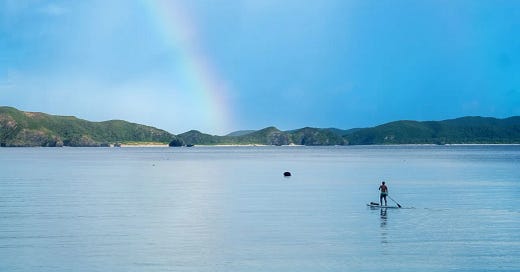





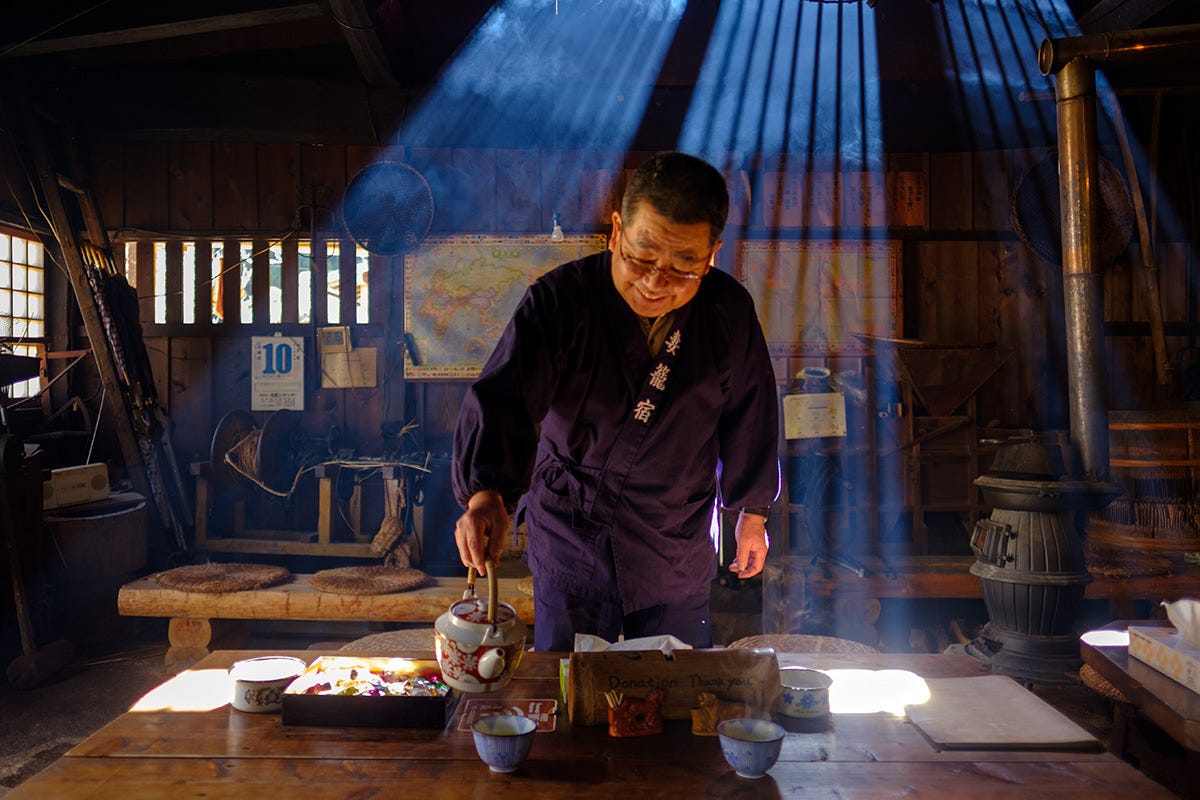

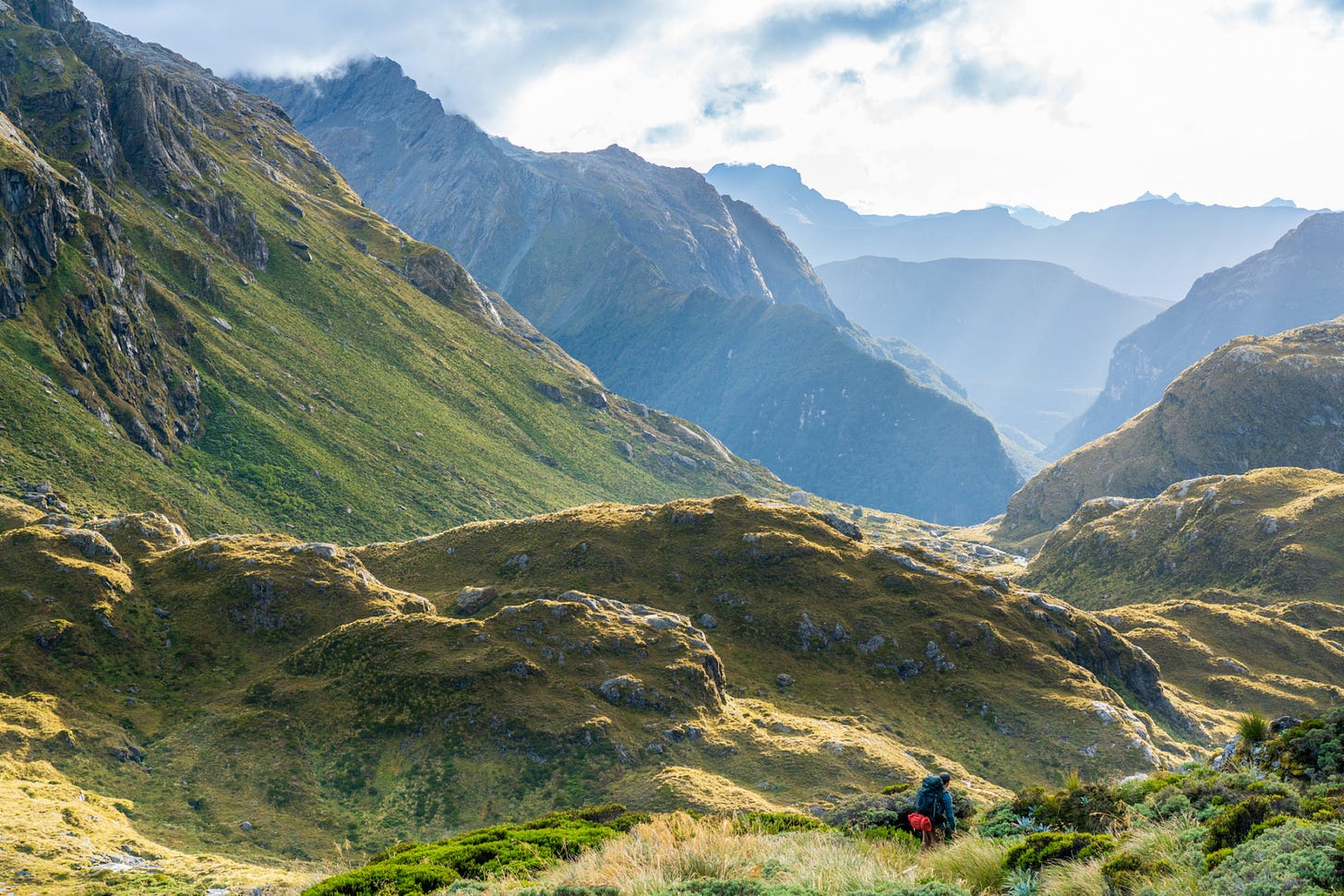
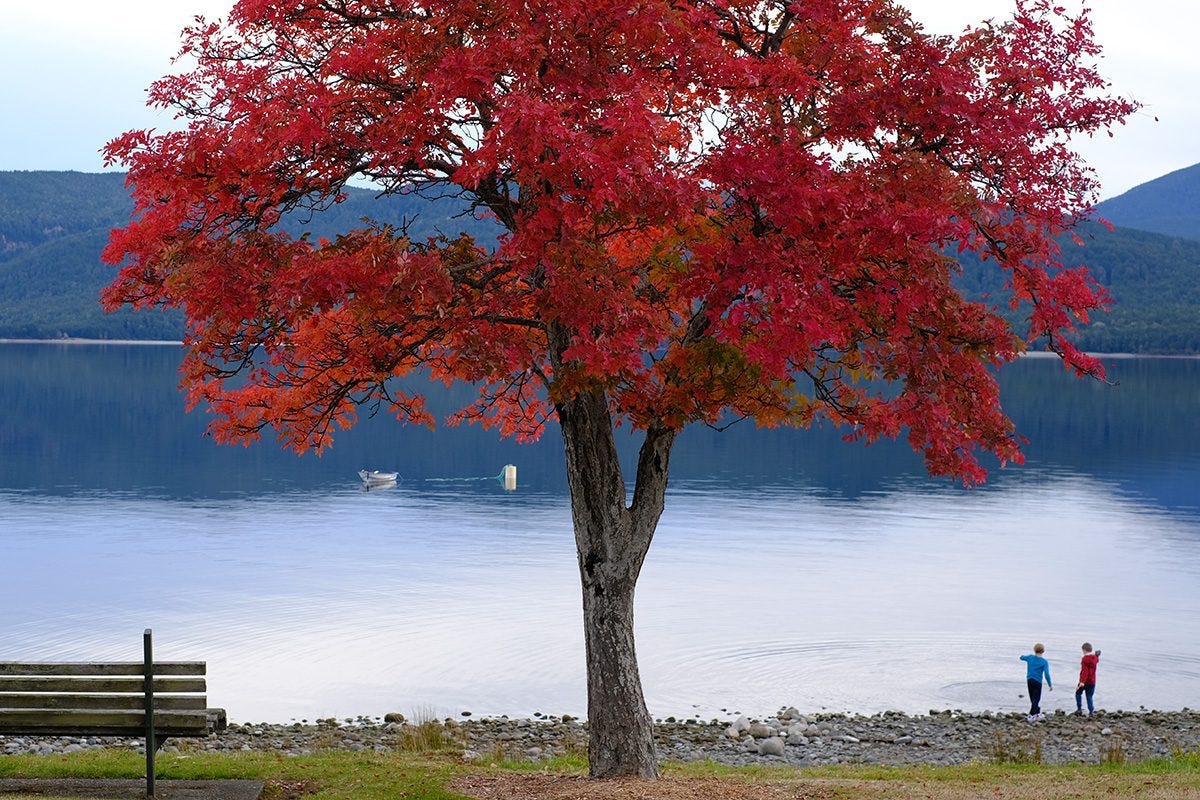
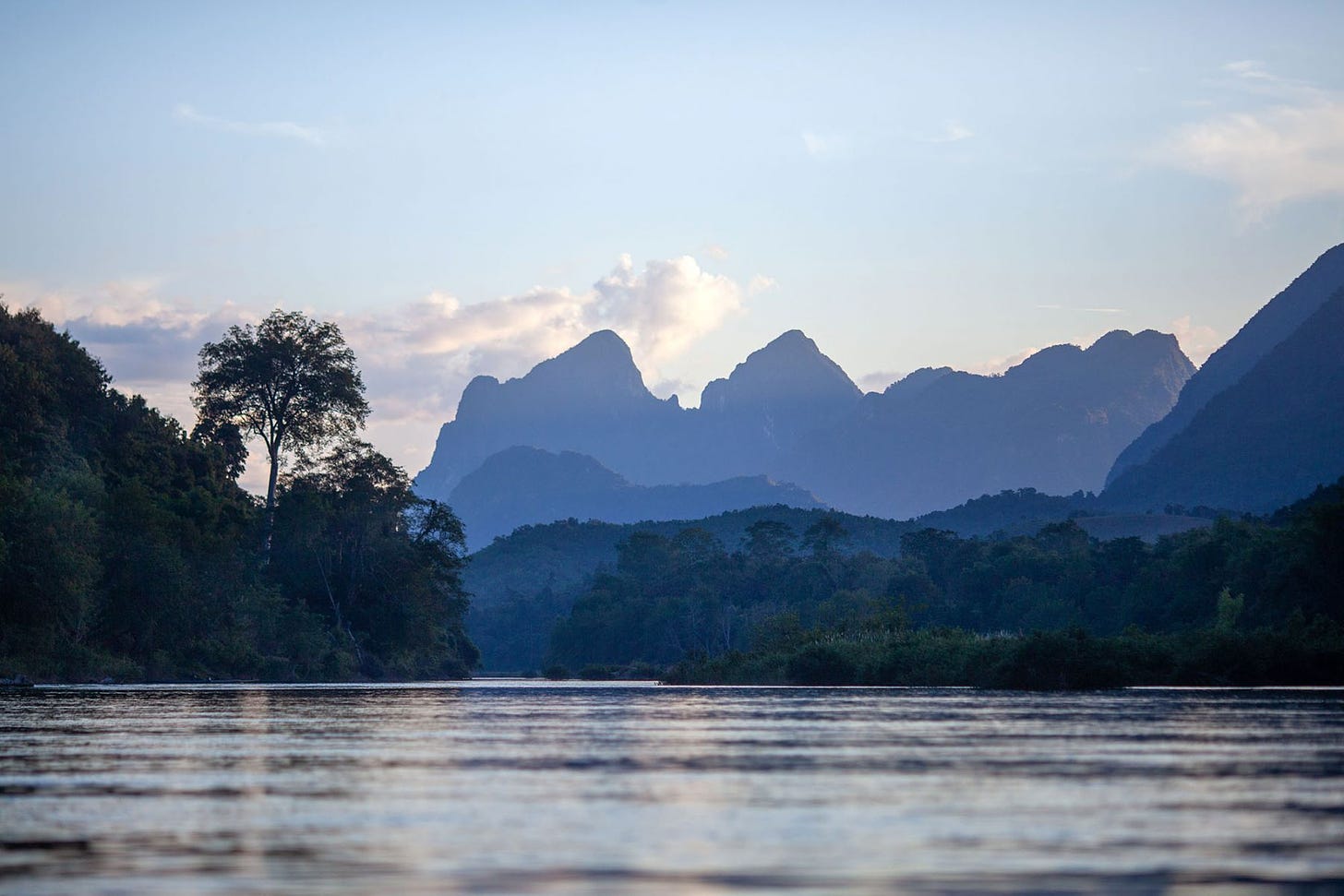
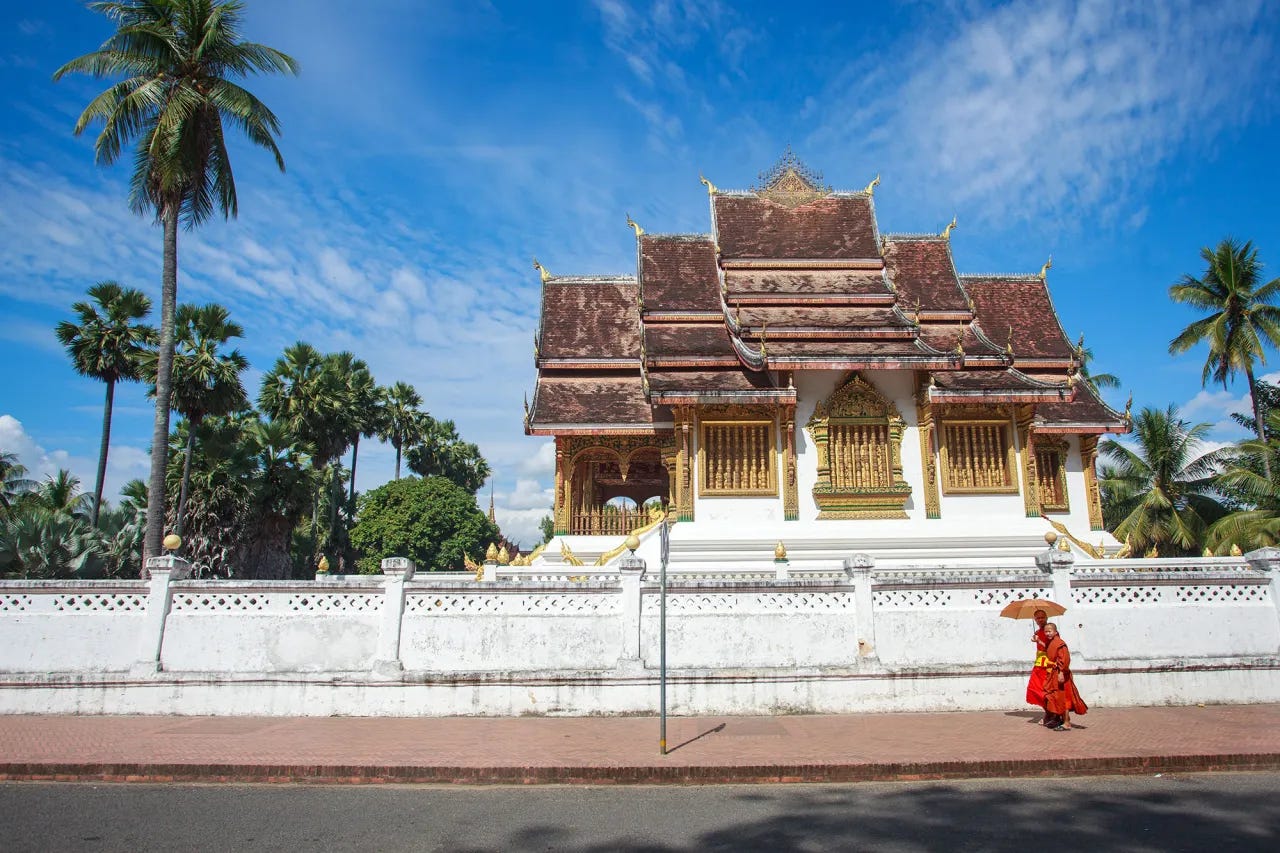

I really enjoyed reading your post. As a Japanese, I've never even thought of an aspect of being isolated, but indeed, geography does play a big role in our culture. Thank you for your insight and beautiful photos. Best wishes for the new year from Kanazawa!
Thank you for this! Through this essay I have gained conceptual inroads into Turkey, New Zealand, Laos, and, of course, Japan. This feeling of international consideration is what makes the web so amazing!